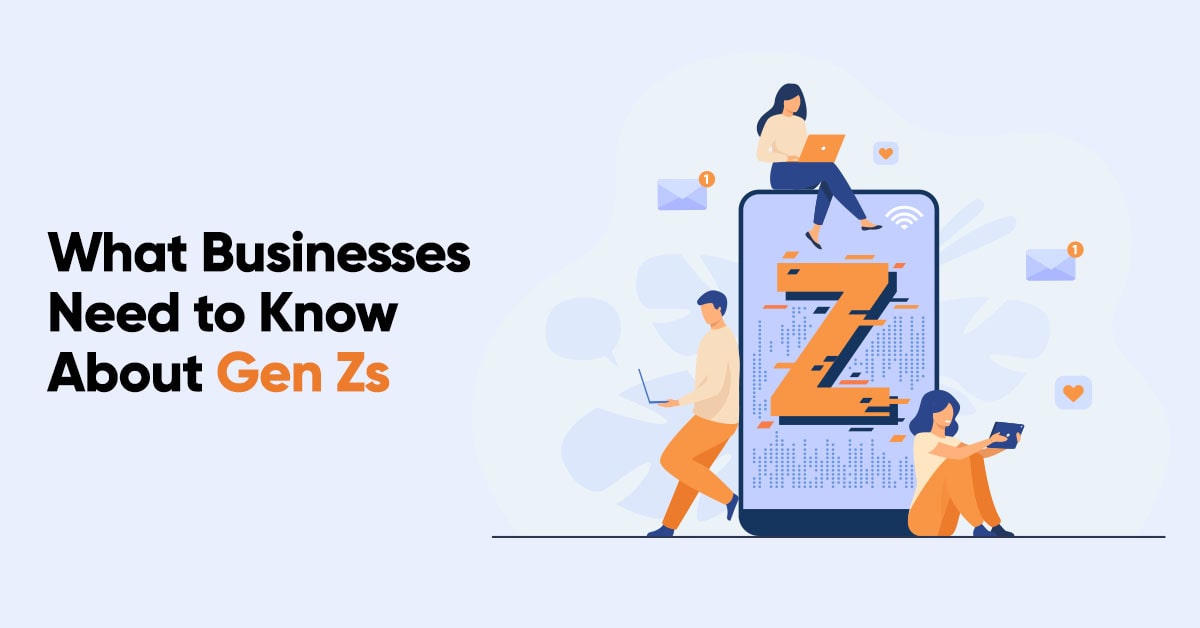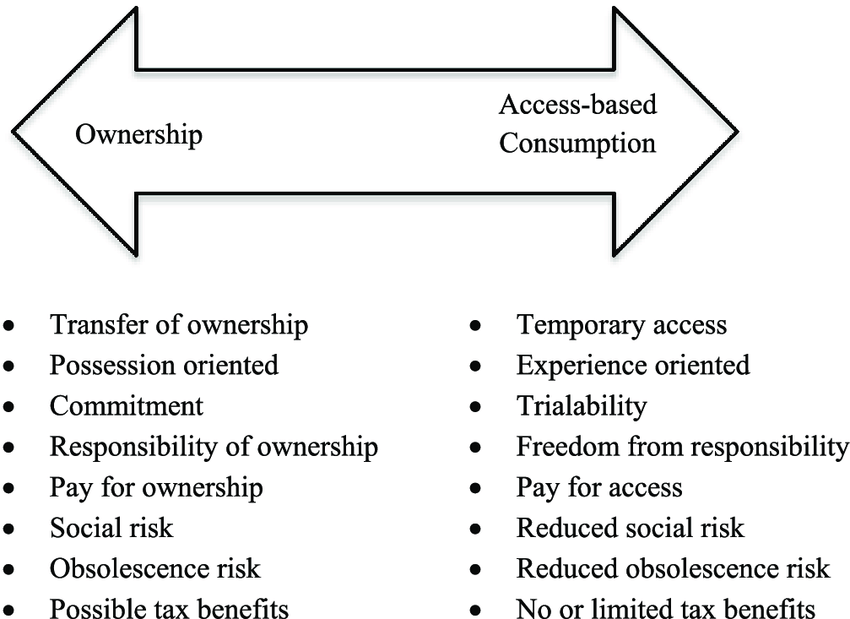What Businesses Need to Know About Gen Zs

Gen Z’s spending power is becoming more and more significant every year. Together, they command an estimated $360 billion in disposable income. Read on to find out what businesses need to know about them.
As a generation freshly entering the workforce nowadays, Gen Zs’ spending power is on the rise, which makes them more relevant to businesses.
Together, they have an estimated $360 billion in disposable income, according to a Bloomberg report. Gen Z workers are also expected to triple by 2030, and their incomes are predicted to beat millennials’ in 10 years.
So who are the Gen Zs and what should you know about them?
Who are the Gen Zs

Members of Generation Z (or Gen Zs or Zoomers) were born from 2000 to the present (although some estimates would go back as far as 1995).
Oftentimes, Gen Zs are incorrectly referred to as Millennials, especially on social media. But they’re different. Gen Zs are true digital natives who were born during the rise of the internet and grew up with it. They also have different consumption habits and preferences and behave differently in workplaces.
Understanding Gen Zs Consumption Habits
With greater access to technology and information, Gen Zs’ attitudes toward consumption differ from previous generations.
“Access” is the new consumption

To many Gen Z members, products and services offered by businesses are no longer something to “own,” but rather to “access.” The key difference lies in ownership, or whether a product or service actually becomes a possession of the buyer.
Gen Zs prefer not to “own” a product, but rather just to “access” it. Products and services are then viewed as more valuable if they are shareable. Selling has shifted into renting. Permanent becomes temporary.
Consumption is self-expression
Gen Zs buy or wear brands to highlight their individuality, which is why they’re willing to pay a premium for products that are customized to their needs and preferences, as well as those produced by brands that embrace their causes.
Ethical consumption is the new norm
Together with millennials, Gen Zs expect brands to “take a stand” and to provide a social impact. Honesty, transparency, and sustainability are preferred values in a brand.
According to McKinsey, 70% of Gen Zs say they try to purchase products from companies they consider ethical, 65% try to learn where the product is made, what it is made from, and how it is made, and 80% even refuse to buy goods from companies involved in scandals.
Here are 5 Things You Should Know When Emailing Millennials.[1]
How to Market to Gen Zs
Here are among the defining characteristics of Gen Zs and how to market to them:
- Online shopping behavior: They shop online more than Millennials and other generations.
- Price sensitivity: They are more willing to pay a premium for convenience.
- Mobile online shopping: They are twice as likely as Millennials to shop online using mobile devices.
- Social media platform: They spend more time on YouTube.
- Buying frequency: They’re thriftier and spend their money less online, compared to Millennials.
Learn how to market to different generations: Boomers, Gen X, Millennials, Gen Zs here.[2]
Gen Zs in the Workplace
Gen Zs have a unique perspective on work and what success looks like to them. Let’s see how they have forced workplaces to evolve.

- Greater personalization: As a generation that emphasizes self-identity, Gen Zs will demand greater personalization in their workplace and career journeys. Enticing them with promotion incentives may no longer be as effective as it was once to previous generations.
- Social impact: Companies must also emphasize values and ethics. And how working with the company can provide social impact outside the workplace. This helps them provide “purpose,” which is necessary in a world that gives them too much information and so many options.
- Traditional communication: Interestingly, Gen Zs prefer traditional communication such as speaking face-to-face in the workplace.
- Social media: To attract Gen Zs and even retain them, leverage social media and highlight the strengths and attractiveness of the industry you are in. Frame the reputation of your company to tap into the values they hold and prefer such as honesty, integrity, and social responsibility.
- Technology in the workplace: Gen Zs are tech-savvy, so it’s necessary to integrate technology into the workplace to provide room for automation and make work less mechanical.
Start integrating technology
Curious how technology can upgrade your sales and marketing processes? Talk to our experts and get started here.
Curious how digital ecosystems can help improve your business?
Check out how digital ecosystems can boost your company performance by getting started here.
Book a Demo